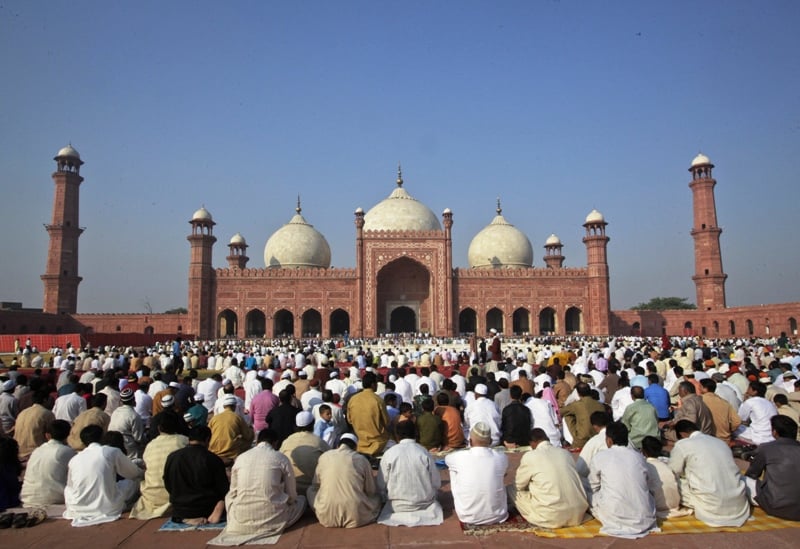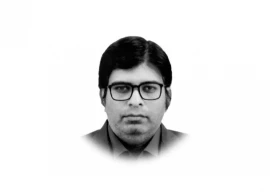
Similar questions are being asked in Britain but in a somewhat abstract form in the absence of a written constitution. In light of all this, there is a serious effort in many parts of the West to push the state back from some of the space it now occupies. If that were to happen — and there is a strong probability that it will — this new and considerably limited role of the state in many western societies will create opportunities for the populous countries of South Asia if the countries in the region work together and come up with a new strategy of growth. This is where demography enters the picture.
There is a profound asymmetry in the way demographic situations are developing in the West and in the populous countries of South Asia. The rate of human fertility has declined sharply in most countries in the West. The result of this is that a number of countries are now seeing the size of their populations declining while those in South Asia will continue to increase for several decades. The South Asian populations will remain young for several more decades while those in the West will age rapidly. The demographic change in the West will have two consequences. One, it will not have young people in the number needed by the economies where knowledge rather than material inputs are the main contributors to growth. In most western countries, the structure of the economy is dominated by the service sector and within the service sector by knowledge intensive activities. This means that the workforce needed for these types of economies must be very well-trained in modern skills. This also means that the state and the companies must invest large amounts in research development. Some of the major developments of the last few decades, including the development of the internet, became possible with the heavy involvement of the state.
Government support for research, development and skill development would be placed in jeopardy if political forces such as the Tea Party Movement in the United Sates carry the day. This would seriously compromise the ability of the United States and other western countries to deliver the services and products the citizens of these countries need and will demand. This is where the populous countries of South Asia enter the picture. If they can organise their own governments to produce the manpower needed by the new economies, they should be able to fill the gap and become major suppliers to the West. However, before they are able to do this, they will need to have an effective state that can prepare the citizenry to take up this challenge and realise its opportunity. Unfortunately, most South Asian states, for several different reasons, are seeing the weakening of the state.
There is now palpable unhappiness on the part of the citizenry in Bangladesh, India and Pakistan with the working of the state. In Bangladesh, the state has been weakened by the enormous rivalry between two political groups that have been fighting it out to control the state. In India, there is popular disgust at the incidents of major corruption committed by senior public officials, both elected and non-elected. In Pakistan, the civilian government has not proved equal to the task of handling the various problems the country faces.
The obvious conclusion to be drawn from this is that while the West is presenting an extraordinary opportunity to turn South Asia’s young populations into enormous economic assets, the South Asian states themselves will have to improve their performance. Those who are weak states will not be up to the challenge.
Published in The Express Tribune, September 5th, 2011.



















COMMENTS
Comments are moderated and generally will be posted if they are on-topic and not abusive.
For more information, please see our Comments FAQ